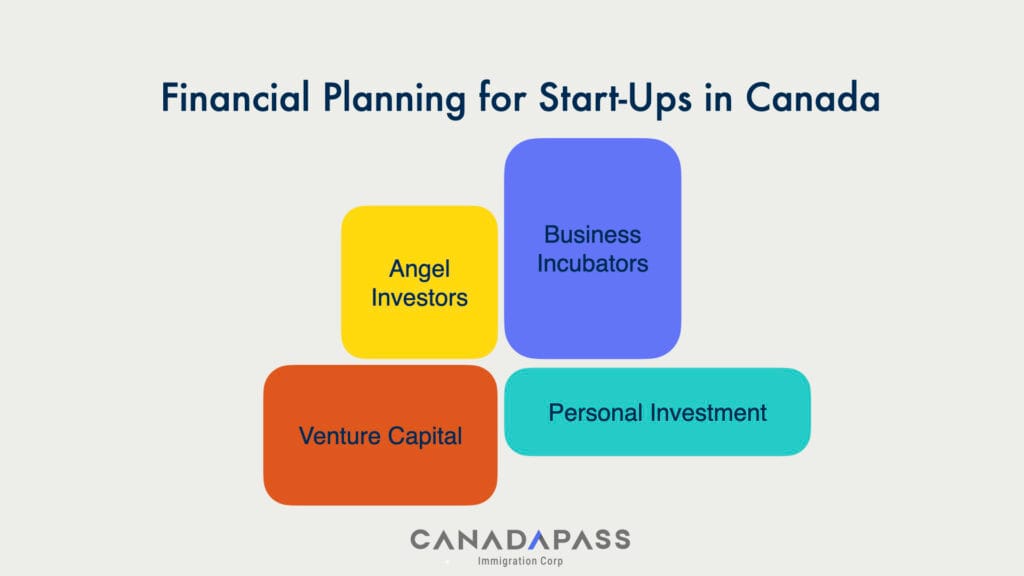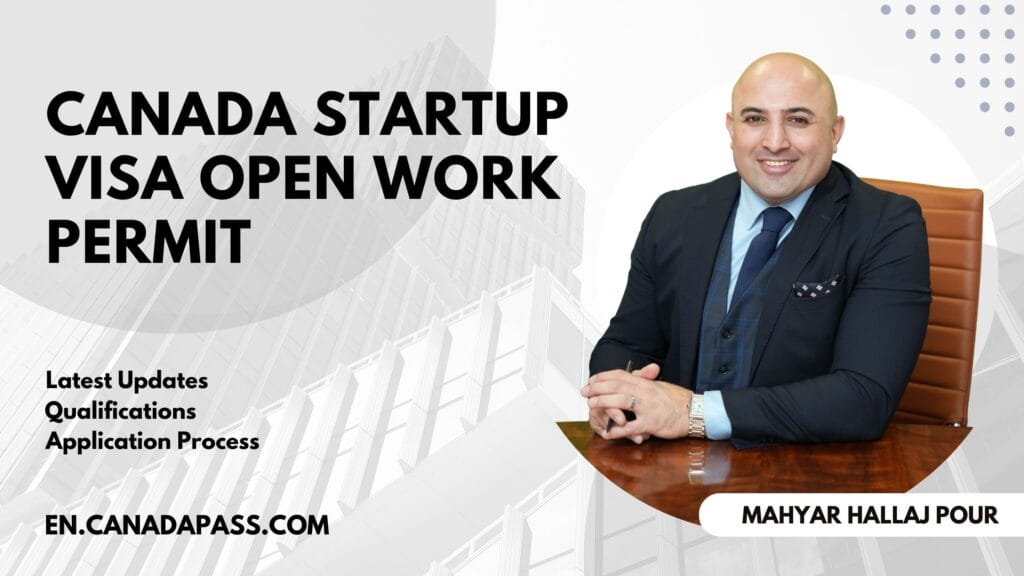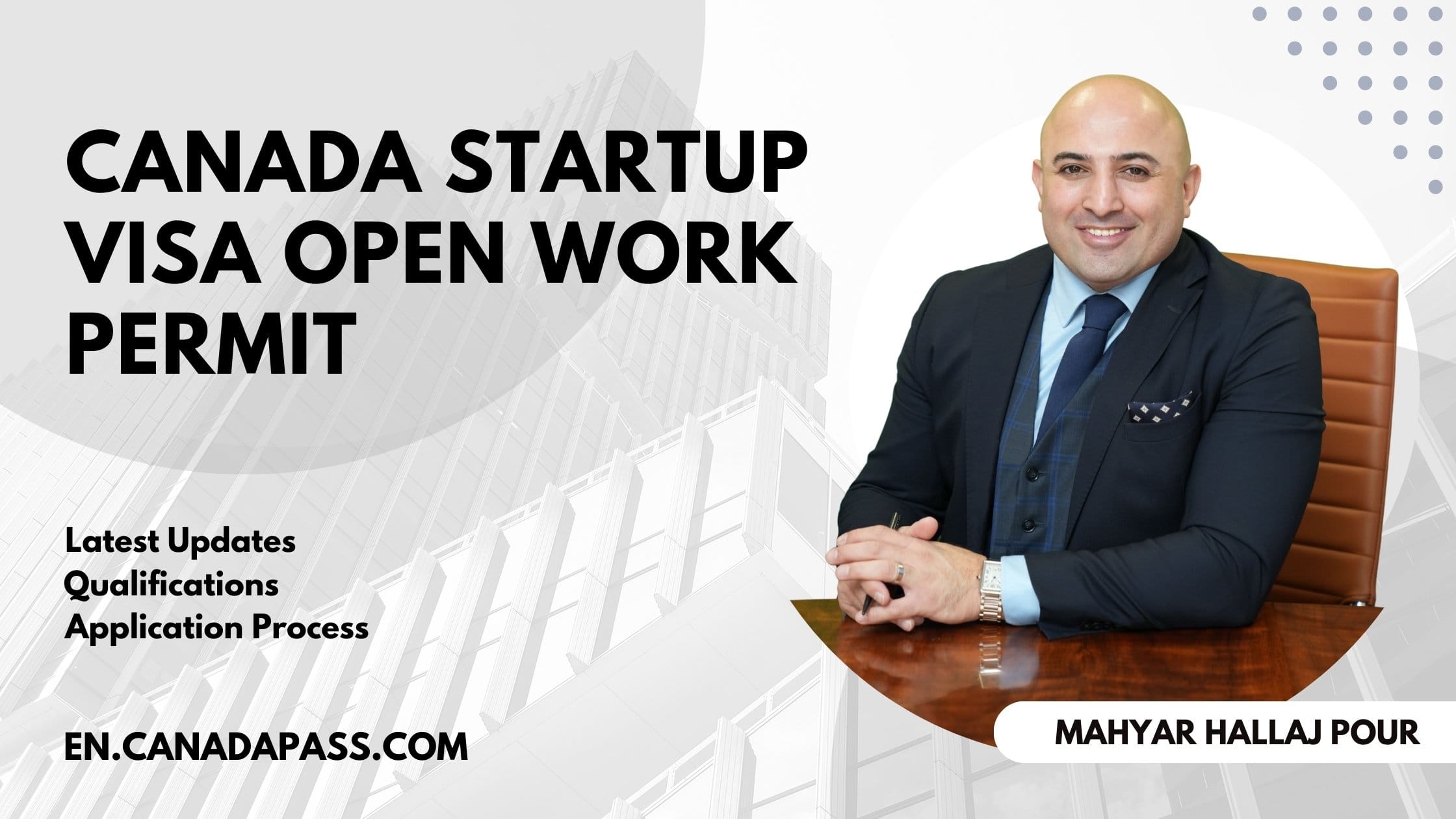Navigating the Canada Start-Up Visa application process is a crucial step for entrepreneurs looking to launch innovative businesses in Canada. Canada Start-Up program is designed to attract talented founders with the potential to build scalable ventures that can compete on a global stage.
In this guide, you’ll find a clear breakdown of each stage of the application process—from eligibility requirements and securing a letter of support to submitting your application and preparing for a successful transition to Canada.
What is the Canada Start-Up Visa?
The Canada Start-Up Visa Program is a business immigration pathway designed for foreign entrepreneurs with innovative ideas who wish to launch their start-ups in Canada.
To qualify, applicants must be under the support of a designated Canadian organization such as a business incubator, angel investor group, or venture capital fund.
The program allows up to five co-founders to apply under a single business venture, as long as they each meet the eligibility requirements.
SUV offers a way to permanent residence for entrepreneurs and their families, allowing them to relocate to Canada within 3 to 6 months and obtain permanent residency (PR) in approximately 2.5 to 3 years.
Key Eligibility Requirements
Before applying, ensure you meet the following eligibility criteria:
- Letter of Support issued from a Designated Organization
- Venture Capital Funds (minimum eligible investment of 200,000 CAD)
- Angel Investor Groups (minimum eligible investment of 75,000 CAD)
- Business Incubators (without mandatory investment)
- Business Ownership and Commitment
- Each applicant must hold at least 10% of the voting rights in the company, or
- 50% of the voting rights along with the designated organization.
- If approved, applicants are required to actively and continuously manage their business from inside Canada, ensuring that a crucial portion of the company’s operations are conducted in Canada.
- Language Proficiency
Applicants must achieve a minimum Canadian Language Benchmark (CLB) level 5 in listening, reading, writing, and speaking in either English or French. Language test results must come from a designated testing agency approved by the Canadian government. - Settlement Funds
Applicants will not receive financial support from the Government of Canada under the Start-Up Visa. Therefore, they must provide proof of sufficient funds to support themselves and any accompanying dependents after their arrival. The required amount varies based on the size of the family. - Admissibility
Applicants must demonstrate that they do not have a medical, security, or criminal risk to Canadian society.

Changes to the Start-Up Visa Program (Effective 2024–2025)
Capping PR Application
According to Canada government, From April 30, 2024, to December 31, 2026, each designated organization can support up to 10 start-ups per year.
Priority Processing
Applications capital-backed or supported by Canada’s Tech Network incubator receive priority processing. IRCC also tends to speed up applications of individuals who are actively operating their start-ups, with some receiving permanent residence approval in as little as 15 months.
Open Work Permit Now Available for Main Applicants
As of October 3, 2024, Start-Up Visa (SUV) applicants can apply for a three-year open work permit, replacing the previous one-year closed permit
Step-by-Step Guide to the Canada Start-Up Visa Application Process
- Develop a Solid Business Concept: Start by developing a strong, scalable business idea with global potential. Understand your target audience, analyze your competitors, and identify what sets your business apart.
- Secure a Letter of Support: Selecting the right designated organization (angel investors, venture capital funds, and incubators) is a crucial step in the Start-Up Visa process. Some organizations charge administrative fees ranging from 10,000 CAD to 50,000 CAD for application processing.
- Prepare all required Documents: Collect all required documents, a detailed business plan, and any other documents listed on the IRCC website.
- Submit Your Application: Create an online profile on the Permanent Residence (PR) Portal under Start-Up Business Class.
- Apply for an Open Work Permit : While your permanent residence application is being processed, you can apply for an open work permit to start building your business in Canada.
- Business Progress Updates: Regularly update IRCC on your progress by showcasing visible achievements such as customers, signed contracts, or expanding your team.
- Receive a Decision: Once your application is reviewed, IRCC will inform you of their decision using the contact information you provided. If successful, you and your family members will be granted permanent residency.
Challenges and How to Overcome Them
- Securing the Letter of Support
How to overcome:
- Research to find designated organizations that strongly match their interests with your idea.
- Set up your pitch deck and business plan and highlight scalability, innovation, and market potential.
- Take help from an experienced immigration advisor familiar with designated organizations.
- Lengthy Application Processing Times
How to Overcome:
- Submit a complete and accurate application.
- Apply for a work permit to come to Canada and build your business while awaiting the PR decision.
- Maintain regular contact with IRCC and ensure you update all documents if needed.
3. Limited Application Slots
How to Overcome:
- Conduct comprehensive research about the market in Canada.
- Network with local entrepreneurs and join incubator programs that offer mentorship.
Top Tips for Success in Canada Start-Up Visa Application
1. Start early and Conduct In-Depth Market Research
- Assess Consumer Demand: Explore current trends in the Canadian market to ensure an actual need for your product or service exists.
- Assess your competitors: Identify existing competitors, analyze their offerings, and highlight what makes your business unique.
- Support with Data: Use relevant market research, industry reports, and growth projections to strengthen your pitch to organizations such as incubators and angel investors.
2. Build a Strong, Capable Team
- Define Key Roles: Assign responsibilities to each co-founder or team member based on their strengths and areas of expertise.
- Focus on Expertise: Highlight your team’s collective experience—whether in the industry, leadership, or technical domains—to build validity with stakeholders.
- Promote Collaboration: Develop open communication, shared leadership, and a collaborative culture to drive innovation and maintain team morale.
3. Demonstrate Business Scalability
- Present a Growth Strategy: Illustrate how your startup can expand beyond local boundaries to national or international markets.
- Plan for Future Investment: Explain how additional funding will support the scaling of operations, entry into new markets, and job creation.
- Set Clear landmarks: Break your growth strategy into well-defined phases to help investors and IRCC easily follow your progress and potential.
Conclusion: Start Strong with Your Canada Start-Up Visa Application
Navigating the Canada Start-Up Visa application process is a crucial step for any entrepreneur aiming to bring their business idea to Canada. With the right preparation, eligibility, and support from designated organizations, you can turn your startup vision into reality. This program opens the door not only to permanent residency but also to a vibrant ecosystem of innovation and growth.
If you want to get Canada permanent residency under the Start-Up Visa, take the first step today to find your eligibility through a free CanadaPass assessment form. Our experts provide specific and useful services and consultations to help you achieve a successful immigration journey to Canada.










